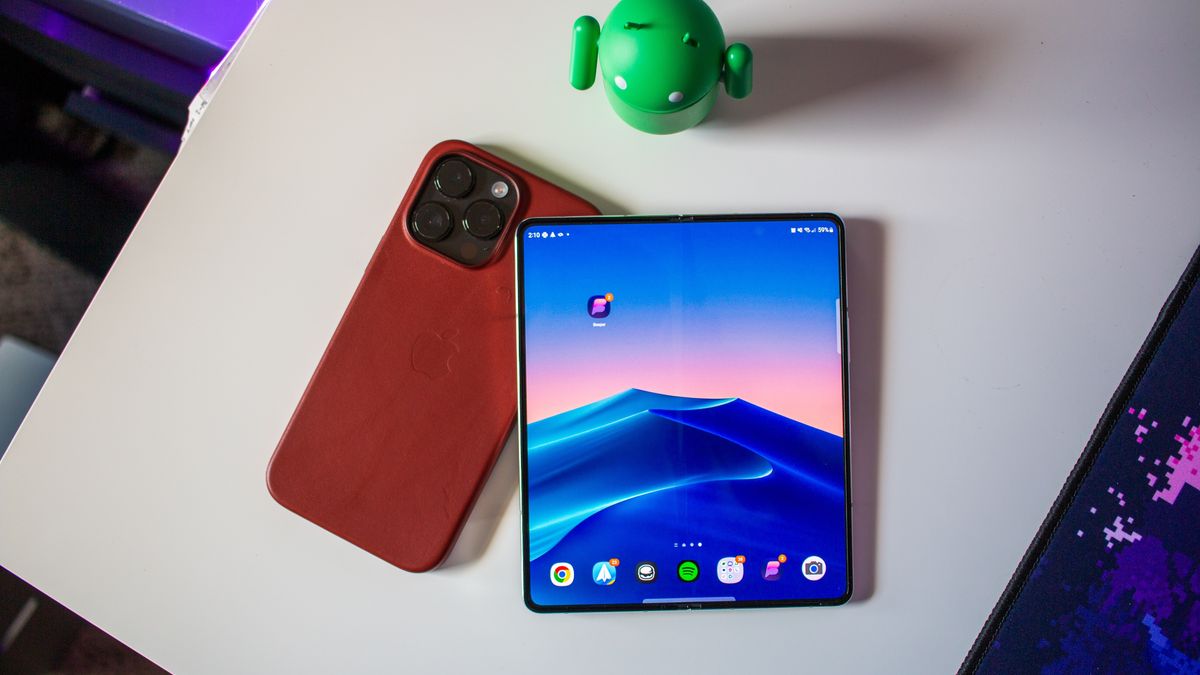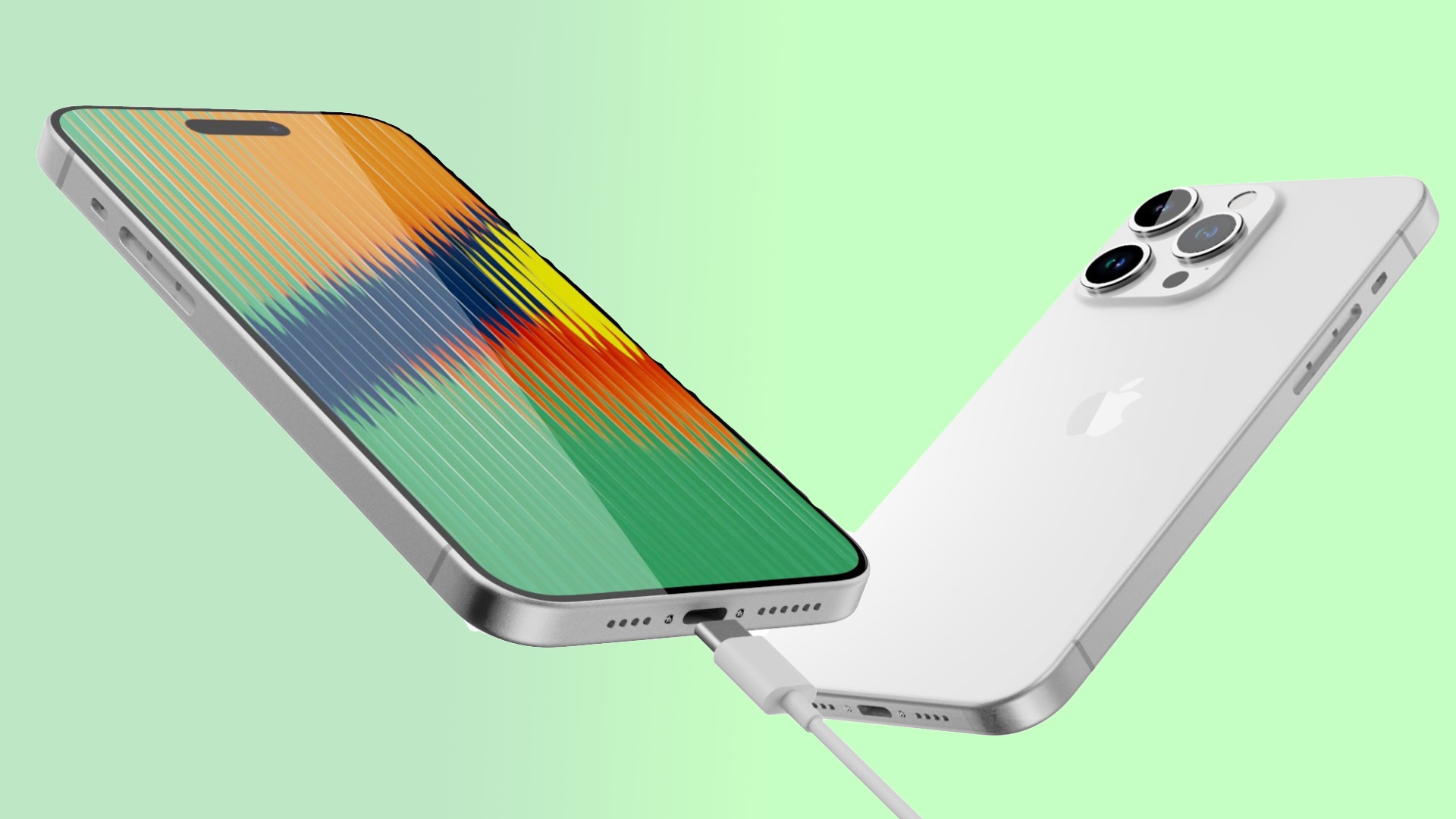The ongoing battle between Apple and Beeper continues as Apple customers who used Beeper’s apps are now facing a ban from using iMessage on their Macs. This move by Apple is seen as a response to disable Beeper’s apps from functioning properly, but it ultimately penalizes its own customers for seeking an alternative solution to access iMessage.
Key Takeaway
Apple’s actions to block iMessage access for Beeper users on Macs have sparked controversy and led to calls for an investigation into potential anticompetitive behavior.
Apple’s Response to Beeper
Beeper, a startup founded by Eric Migicovsky, initially developed a messaging app aggregator that allowed users to access messages from various services, including WhatsApp, LinkedIn, Instagram, Signal, Telegram, SMS, and iMessage in a single platform. However, Apple quickly took action to disable Beeper Mini, a new app for Android users that provided access to iMessage. Despite Beeper’s efforts to address the issue, Apple continued to target Beeper’s users, resulting in the blocking of their messages.
Lawmakers’ Involvement
Apple’s actions have drawn the attention of lawmakers, leading to a bipartisan group of legislators urging the U.S. Department of Justice to investigate Apple’s potential anticompetitive treatment of the Beeper Mini application.
Impact on Beeper Users
Users of Beeper’s applications have taken to public forums to express their grievances, reporting that Beeper’s desktop application has caused their Mac computers to lose the ability to send and receive iMessage texts. Some users have encountered challenges when seeking support from Apple, with support representatives attributing the issue to spam or excessive messaging, despite users’ claims to the contrary.
For further comments, Apple and Beeper have been approached. In response, Migicovsky suggested that an iMessage bug could be causing these issues. Beeper has ceased its efforts to develop an iMessage solution, choosing instead to focus on building the best chat app.

























